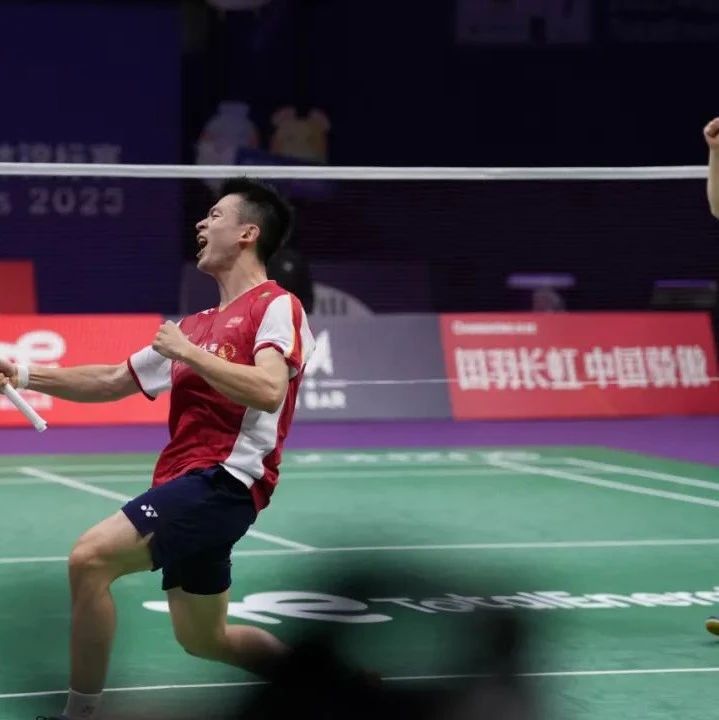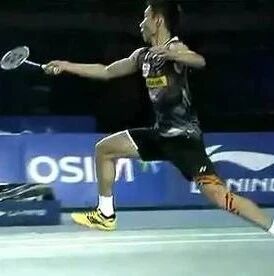Basic court etiquette: Follow these few rules, and even if you lose, you’ll still be a true gentleman!
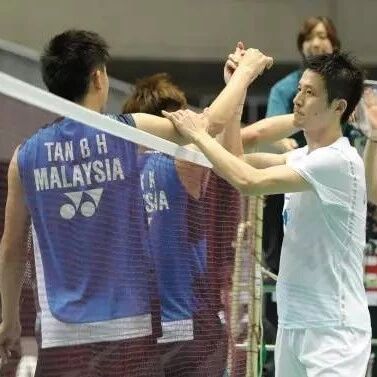
"Details determine success or failure," and "Great skill is revealed in small spaces, and true excellence shines through the minutest details"—both phrases underscore the importance of paying attention to the finer points.
What are the details? Details are the embodiment of etiquette. As Chinese people, who have long been known as a nation of etiquette, our behavior is guided by these timeless principles of courtesy and proper conduct.
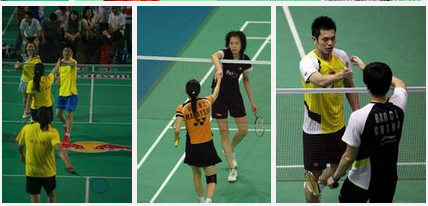
Especially modern people place greater emphasis on the proper use of etiquette, as one’s behavior and manners often serve as a reliable indicator of their character and moral integrity.
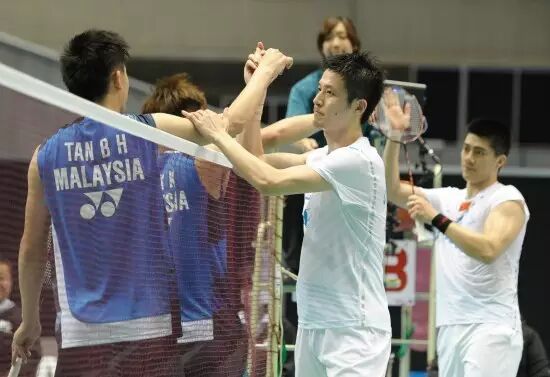
As badminton players, our playing field is the court—but beyond just mastering the game, we must also strive to be good people. If you choose to be someone who overlooks the finer details, you’re likely to disregard court etiquette as well, ultimately becoming someone others simply don’t enjoy being around.
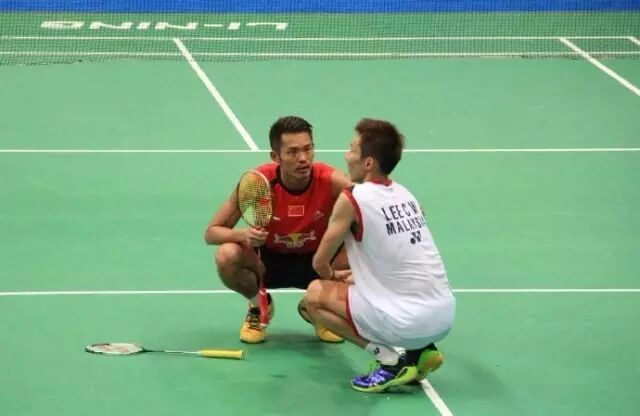
Only by respecting others can we earn their respect—in which case, etiquette helps us guide our behavior.
So, what etiquette rules on the court should you pay special attention to?
1. When inviting someone to play, take the initiative to bring the ball along;
2. When passing near someone else's court, stay clear of the playing area—don’t carelessly walk directly along the baseline, as this not only disrupts their game but also increases your risk of getting hurt.
3. Before serving, check if your opponent is ready to receive the ball—and it’s best to briefly raise the ball in a gesture to signal this. Don’t serve without even glancing at them; doing so shows disrespect toward your opponent.
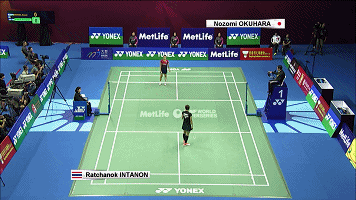
4. When you miss and the ball doesn’t clear the net, proactively pick it up and gently toss it over to your opponent from above—don’t casually flick it straight up from below (and definitely don’t imitate professional players who do this directly, as it’s not ideal).
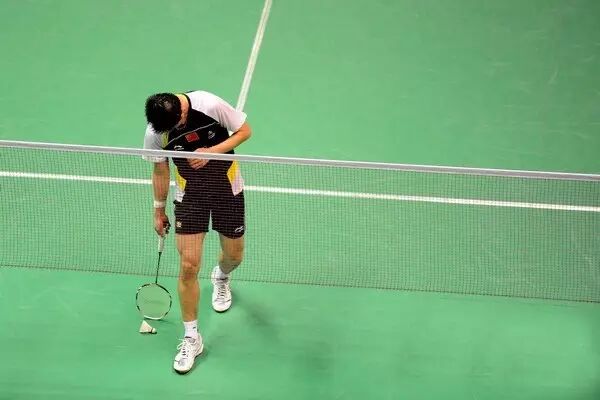
5. When the ball lands on the adjacent court, wait until the point is over before retrieving it—and don’t forget to say "sorry" in the meantime. If someone else picks up the ball for you, be sure to thank them!
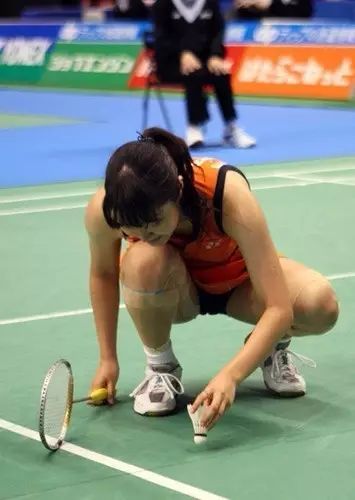
6. If the ball is damaged, proactively exchange it—don’t wait until the ball starts flying erratically and others have to step in. Also, be sure to ask your opponent for permission before swapping.
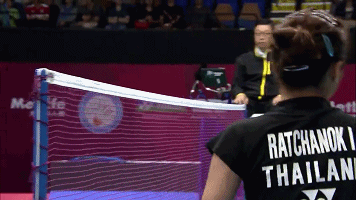
7. There are two situations where you need to raise your hand to apologize: ① when you hit a lucky net-cord shot; ② when you accidentally hit the ball into your opponent.
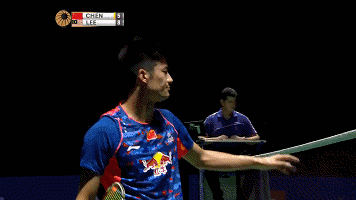
8. When you need to communicate verbally with the other player, avoid touching or pressing the net with your hand or racket.
9. When your opponent makes a great shot, be sure to praise their excellent skill.

10. Don’t shout randomly—while it’s perfectly fine to cheer yourself loudly after scoring a win, avoid showing excessive joy over your opponent’s mistakes, and definitely don’t glare or yell at them in celebration.
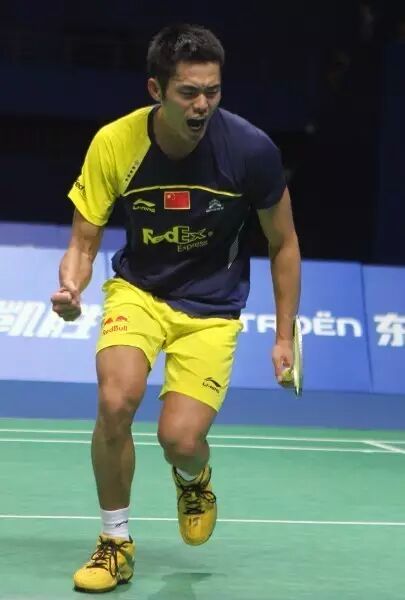
11. Don’t kick the ball—when some players are in a bad mood and keep making mistakes, they often vent their frustration by kicking it. This is a classic example of poor sportsmanship; if they can’t even treat the ball with respect, how can you expect it to help them develop a good sense of touch?
12. Don’t hog the court and refuse to leave—especially when multiple people are sharing a single court; taking turns ensures a more harmonious team dynamic.
13. During the match, don’t look around distractedly or lose focus—after all, even when there’s a significant skill gap between the players, you should treat every ball with seriousness, as it ultimately comes down to attitude.
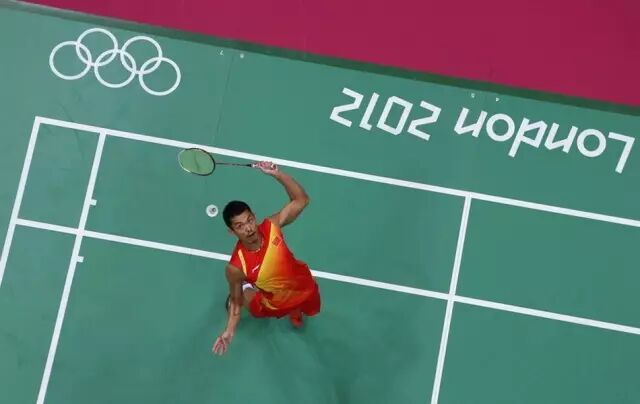
14. At the end of the match, proactively shake hands with your opponent, saying either "Well played" or "Thank you" to show respect and gratitude for their participation. If you encounter a shorter player or a female player in mixed doubles, extend your hand a bit further—being mindful of their height.
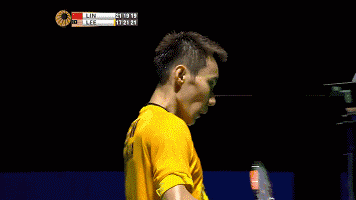
15. If you lose a doubles match, don’t blame your partner—instead, offer more encouragement!
Some say mastering badminton is enough—there’s no need to worry about anything else. Others, however, argue: with so many things to keep in mind, how could anyone possibly manage them all?
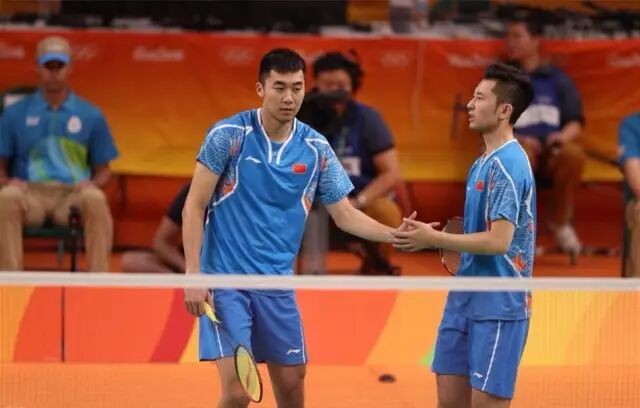
Only someone who possesses both talent and integrity is truly popular—because without moral character, no matter how skilled you are, you’ll eventually lose people’s respect and trust. Especially on amateur courts, players prioritize a harmonious and enjoyable experience over simply focusing on their own skill level.
These aren't many things—most of them can become good habits with just a few repetitions—and cultivating such positive habits is definitely worth it when it helps you make a great group of new golf buddies.
So by mastering these small etiquette details, you can become a player who’s welcomed and eager to connect on the court—after all, this positive atmosphere plays a crucial role in enhancing your skills.



